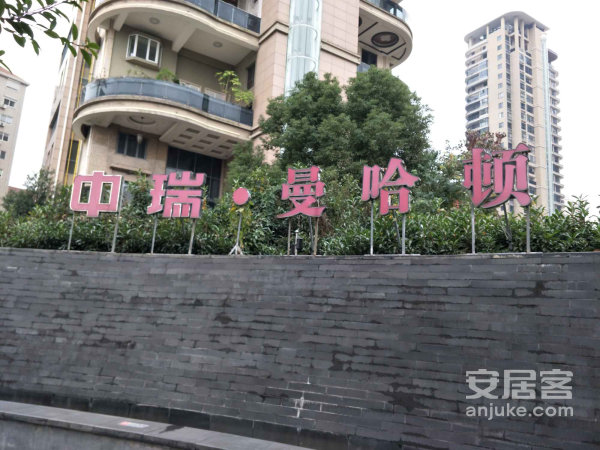From ‘Manhattan’ to ‘Manha Tun’: China’s war on ‘irregular’ place names has a history
From ‘Manhattan’ to ‘Manha Tun’: China’s war on ‘irregular’ place names has a history


Take a walk around any city in China, and you may notice that many shopping malls, office buildings, and residential compounds are named after foreign places and people. It’s been a common practice since the 1990s, but it rarely came under scrutiny until early this year, when the national civil affairs department and public security department jointly issued a statement, ordering provinces to “clear and rectify” place names that local authorities considered to be too “grand, exotic, weird, or repetitive.”
Since then, various provinces and cities, such as Shandong and Jiangsu, have released lists of local buildings that need to come up with new monikers due to violation of policy. The most recent example is Hainan, which launched a cleanup campaign in mid-June to sweep out local businesses names deemed “improper,” criticizing some of them for “blindly worshipping foreign and exotic ideas.” Less than a week later, Shenzhen in Guangdong Province published (in Chinese) a list that specifically targeted pre-sale properties awaiting completion. Yitian Milan Mansion (益田米兰公馆 yìtián mǐlán gōngguǎn), which appeared on the list, was criticized for having an excessively foreign name before renaming itself as Yitian Vacation Mansion (益田假日公馆 yìtián jiǎrì gōngguǎn).

The hostility toward foreign names, however, is not new. Prior to this recent clampdown initiated by high-up officials, some local governments had already taken action to make local places sound local.
As The Paper noted (in Chinese), in Wenzhou, this linguistic battle very likely traces its roots back to 2010, when a newspaper reported that a slew of real estate projects were forced to change their original names during registration. For example, Xiangti Peninsula (香缇半岛 xiāngtí bàndǎo) renamed itself Xiangti Beautiful Garden (香缇锦园 xiāngtí jǐnyuán). Zhongrui·Manhattan (中瑞·曼哈顿 zhōngruì·mànhādùn) linguistically downgraded itself to Zhongrui·Manha Tun (中瑞·曼哈屯 zhōngruì·mànhātún). The Wenzhou government also issued a set of guidelines, stipulating that places named “mountain villas” need to be close to mountains and places named “gardens” need to have more than 40 percent of their area comprise green space.
Despite the regulations, places bearing foreign names still abound in Wenzhou. The preference for exotic elements is particularly robust in the real estate industry, where developers are fixated on the idea that naming a residential complex after a totally irrelevant foreign place gives it an aura of high-end luxury. In an interview with The Paper, Mr. Qī 戚, an 85-year-old resident of a Wenzhou apartment complex called European City (欧洲城 ōuzhōu chéng), expressed his agreement with the current campaign, saying that since he moved in about 12 years ago, he had never encountered a single European nor any trace of European culture. Qi suggested the complex drop its current name and adopt a new one that’s related to Short Stool Bridge (矮凳桥 ǎidèng qiáo), which is adjacent to his building.






